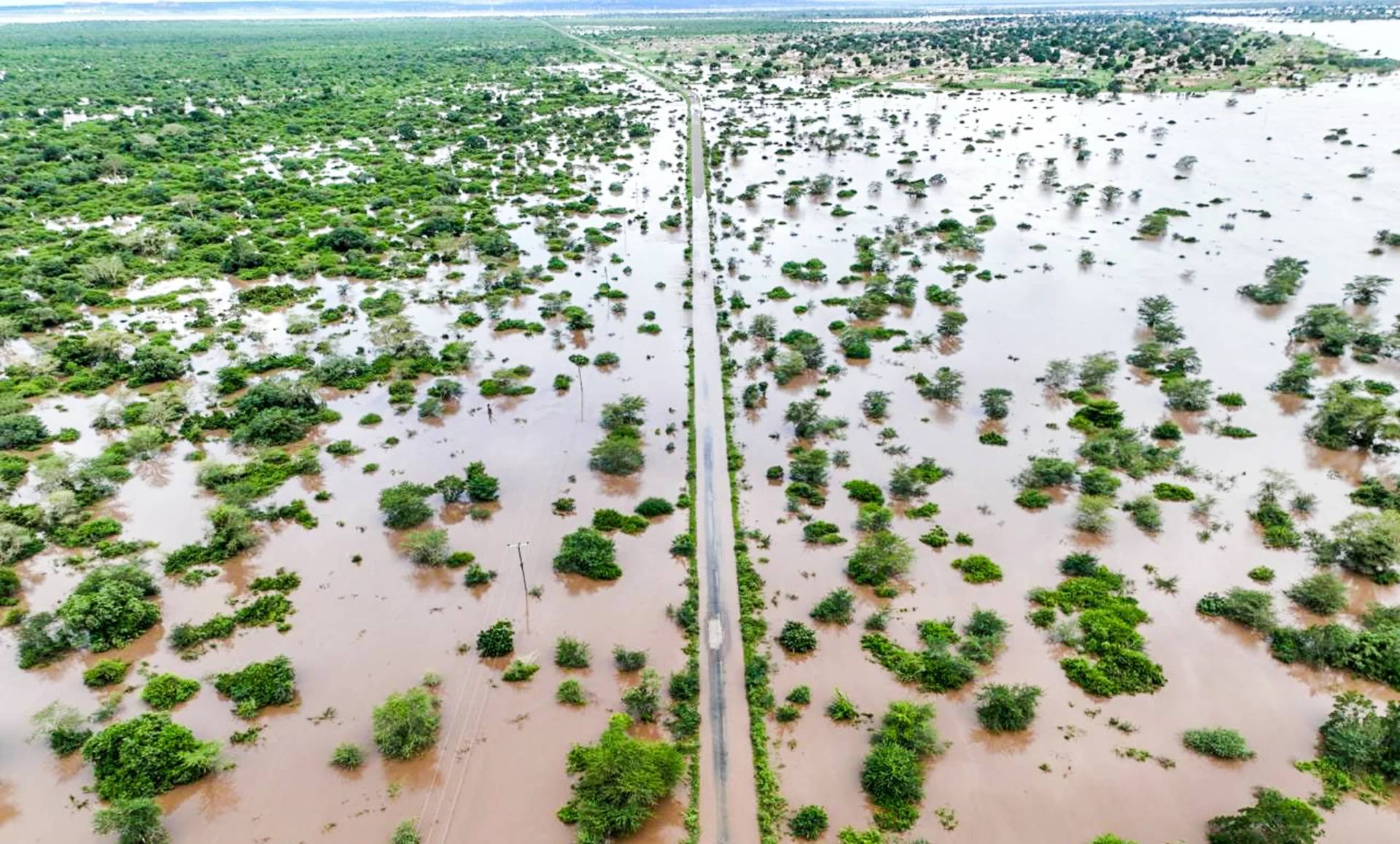YAOUNDÈ, Cameroon – Amid ongoing struggles in Zambia related to good government and the fight against corruption, an ecumenical Christian group devoted to integrity in politics is pushing the government to restore and expand a requirement for holders of public offices to declare their assets.
The call from the Christian Churches Monitoring Group (CCMG) comes after a government spokesman recently revealed that a 2106 revision to the country’s constitution quietly removed a requirement for presidential candidates to disclose their finances.
Among other Christian groups, the monitoring organization includes both Caritas Zambia, the main Catholic charitable organization in the country, as well as the Jesuit Center for Theological Reflection.
According to Transparency International, corruption is widespread in Zambia, as the country ranks 116th out of 180 on the organization’s annual index. Experts say that paying bribes to public officials is common practice, and international donors occasionally have threated to withhold aid with strong anti-corruption measures.
Peter Mwanangombe, the CCMG Program Manager, told Crux that removing the requirement for presidential candidates to make public their assets negates gains made in the fight for good governance.
He said Zambia’s Electoral Process Act theoretically requires presidential and vice presidential candidates to declare their assets, but said the challenge is that “there is no requirement for the [electoral] commission to then make these declarations public, and so we are also calling for the publication of such declarations by presidential and vice presidential candidates.”
He said such public declaration of assets should not be limited to the presidential candidate and his running mate, but should be expanded to include other public officials.
“When you look at the definition of public officer in the Constitution, it exempts certain officers,” Mwanangombe said. “For example, the Secretary to Cabinet would tell you that there is no law that requires them to publish or to declare their assets annually. The same applies to the head of the Anti-Corruption Commission, the Director of Public Prosecution and many others.”
“We are thinking there is a need for a framework that compels certain public officials,” Mwanangombe said. “We have done some studies, and I think Mauritius is a good example … it even identifies certain low-ranking public officials who might be influential in their procurement process, for example, to declare [assets], and then there’s a period of declaration as well attached to that process.”
Mwanangombe said the declaration of assets before and after taking over office by office holders is important to anti-corruption efforts, because “we want to see how much wealth has this person amassed in the five years they’ve been in office.”
“We understand that these are people that are important maybe in the contraction processes and negotiating businesses and so on and so forth. So we’d like to see what the value of assets they bring is. Are they getting wealth from their positions?” Mwanangombe said.
“Also, it’s important to do this because of the aspect of politically exposed persons who might also be bankrolling political parties as far as their campaigns are concerned,” he said.
The issue of assets declaration also came up during an Assets Declaration Conference’ that took place in Livingston, Zambia, on Nov. 20.
U.S. Ambassador to Zambia Michael C. Gonzales noted that “when we speak about transparency and accountability, we must first understand the tools available to prevent conflicts of interest, corruption, and build public trust for and the integrity of government officials. One such tool is asset declaration.”
“Let’s remember that the purpose of asset declarations is to prevent corruption by public officials and make it easier to hold those who do engage in public corruption to account,” Gonzales said. “Asset declaration requirements are more effective if they are enshrined in law, and if officials completing these declarations sign them as sworn statements they can be used, if needed, in any legal proceedings.”
Mwanangombe told Crux that the situation has an effect on what happens when elected officials form a government, with the temptation for them to award contracts to those who supported them during elections.
“I think the declaration of assets provides that oversight. So, there is a danger in the move to remove that provision in the 2016 constitution. We believe the mere fact that this has been removed is an area that can actually contribute to corrupt practices within government, especially as it relates to senior government officials,” Mwanangombe told Crux.
He said the CCMG, as an election monitoring and electoral process monitoring organization, would also like to see issues around political party funding and political party campaign regulation in terms of the money that they receive and what they spend.
He said the group would also like to see a revision of the electoral system that should ensure effective participation of various groups such as women, youth and persons with disabilities, as well as a strengthening of “key institutions of governance by ensuring their independence.”














